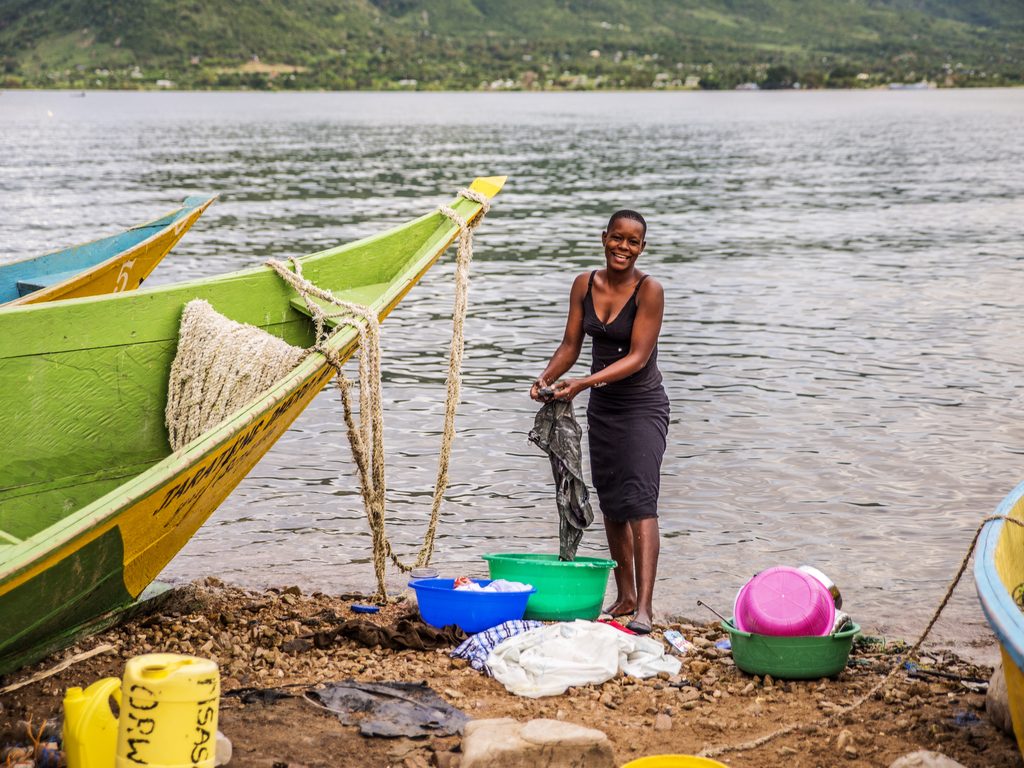It’s official. The Ugandan government is considering receiving significant funding from the French Development Agency (AFD). Initially, it is a loan of 512 billion shillings, or 120 million euros. The loan was recently approved at a cabinet meeting held in Entebbe, a peninsula on Lake Victoria. The announcement was made by government spokesman Ofwono Opondo. He said the money is intended to finance several drinking water and sanitation projects in Uganda.
“This funding will ensure the equitable provision of adequate drinking water and improved sanitation services on an acceptable and sustainable basis,” says Ofwono Opondo. In concrete terms, this involves upgrading several water and sanitation infrastructures in Mbarara, Insingiro and Massaka. Several other municipalities will also be affected by the project in (and around) the city of Masaka, located in central Uganda.
An additional loan
Ofwono Opondo says that an additional loan of 640 billion shillings (150 million euros) has been approved in Entebbe by the firm’s board. The money will be injected once again by AFD. The aim is to support Phase II of the Kampala Water and Sanitation Project. According to the European Investment Bank (EIB), which participated in the financing of the first phase of this project, it aims to increase the coverage and reliability of water supply services and increase access for the inhabitants of the Kampala urban area, including the “urban poor living in informal settlements”, in the Wasiko and Mukono districts, as well as in the cities of Nansana and Kira.
The project also includes the modernisation and rehabilitation of the Gaba wastewater treatment plant and water supply network in Gaba, as well as the extension of the water supply network to populated areas and the construction of a new sanitation unit in eastern Kampala.
Sanitation around Lake Victoria
The other component of this new loan is to support the Lake Victoria II Water Supply and Sanitation Project. It is more of a project to clean up the unhealthy lake, particularly by heavy metals such as cadmium, chromium, chromium, aluminium, mercury and lead, heavy metals that are extremely harmful to health and the environment, which are used in the electronics industry.
According to the African Development Bank (AfDB), which financed part of the project, it will provide appropriate infrastructure for water supply systems capable of extracting, treating, delivering and distributing sufficient quantities of drinking water in a sustainable manner. “Adequate storage facilities will be put in place, in addition to new or refurbished distribution systems, to extend water coverage in the large city of Kampala,” said the AfDB.
In addition, the project provides for the supply of equipment (tractors in particular) for an improved solid waste management system, the construction of new drainage systems to target high-risk areas. It will also provide drainage facilities and improved sludge management systems. The objective is to prevent these pollutants from reaching the lake. In order to ensure the sustainability of these sanitation infrastructures, a programme to strengthen the skills of local water and sanitation management companies’ staff will also be put in place.
Jean Marie Takouleu
